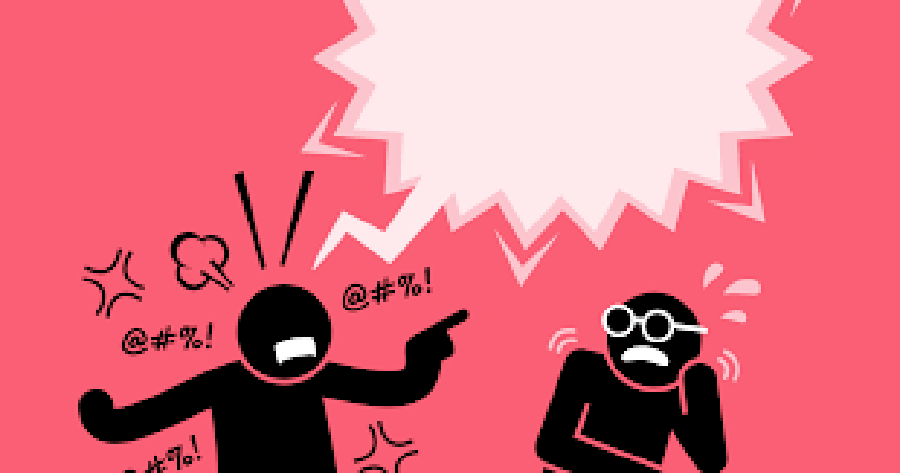
Hate speech... Find Solutions
Thanaa Abedin
Hate speech has played an important role in fuelling conflicts in the Sudan in many regions. The rhetoric has grown and intensified following the December Revolutions success in uprooting the most powerful totalitarian regime that has been opposing the Sudanese people for more than 30 years.
Following the 15 April war between the armed forces and rapid support, the speech took a different form and became bloodier after taking an ethnic and racial direction. Genocide and ethnic cleansing in El Geneina have stunned the world, found widespread condemnation from rights organizations and accused leaders of rapid support, and raised fears that the war would become a civil war spanning all regions of the Sudan.
It is indeed regrettable that, after the outbreak of the war, social media played a key role in sowing discord with the absence of professional media organizations that were interrupted by the war and the displacement of journalists.
In these circumstances, a number of research and studies centres have begun to find ways to stop this speech in order to preserve the Sudans unity and stop the blood drain. The East Centre, in Kassala, held a first dialogue with a number of journalists, activists and academics to develop a long-term strategic plan to reject the discourse. It was unanimous that hate speech was an old and renewed societal phenomenon with a political agenda. They pointed the finger at the former regimes symbols and emphasized the need for innovative non-traditional means of dealing with this discourse.
A number of options were put forward, including community radio or peace centres in each of the countrys localities, and other proposals to be studied in future sessions to come up with a specific, actionable plan to help counter hate speech.

